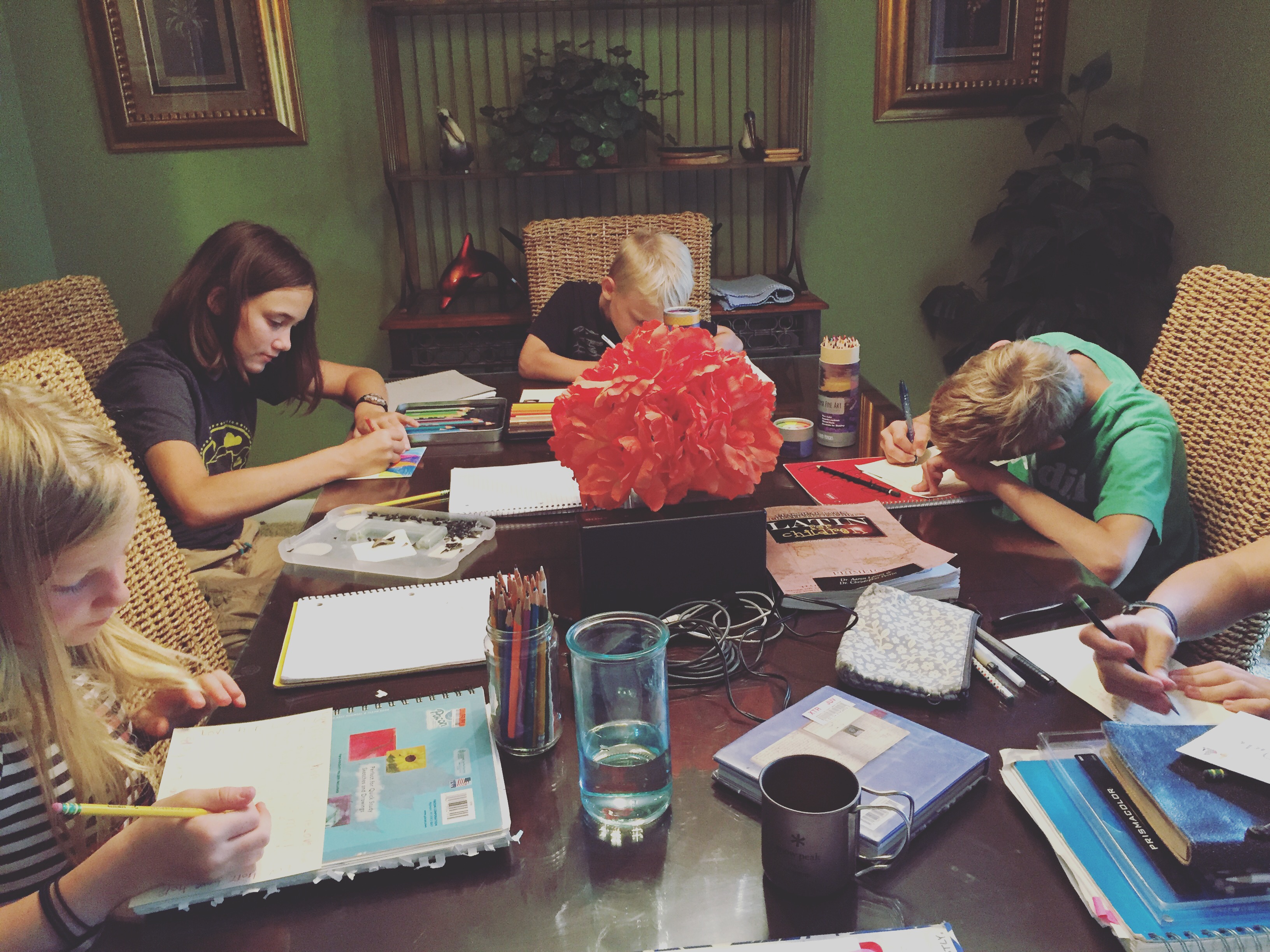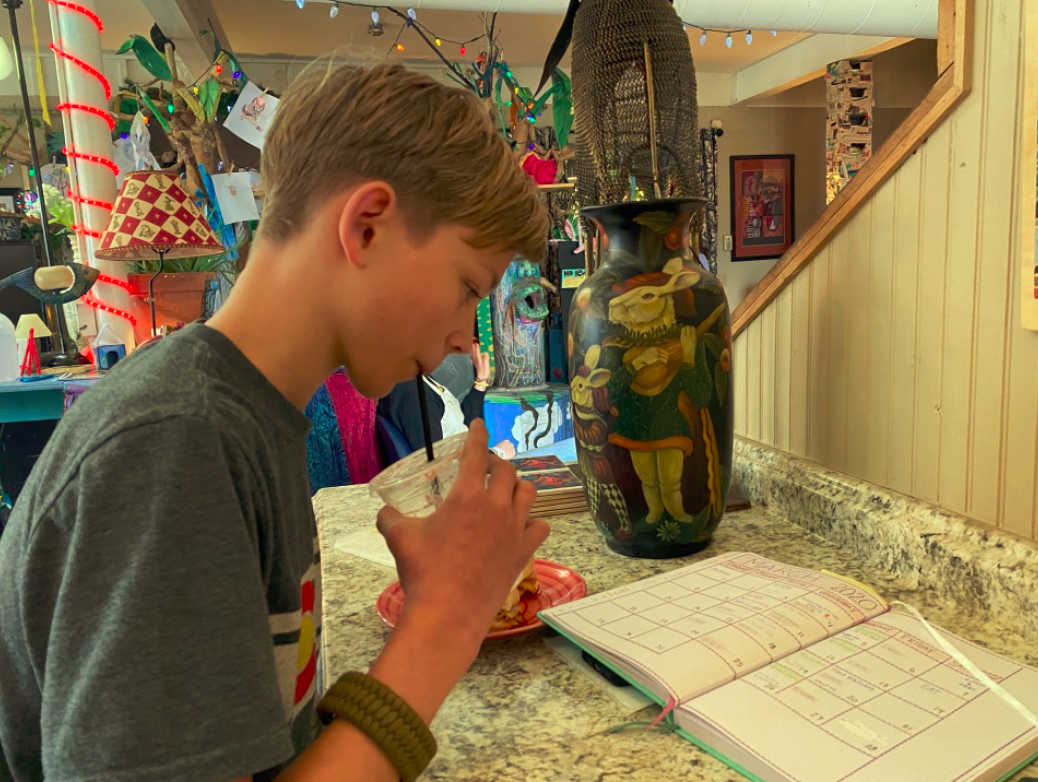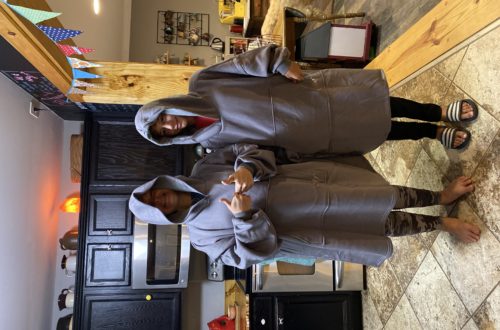The Fallacy Detective: A Timberdoodle Review
I can’t believe my year working with Timberdoodle is drawing to a close.
A year? I mean, we aren’t quite there yet – but almost!
Every item I’ve received from Timberdoodle has been a new-to-me choice. Until this review.

The Fallacy Detective was a logic book that I purchased and worked through wth Riley back in the day.
I held on to that book actually – when I let most of her curriculum go as I quickly morphed into primarily using exclusively Charlotte Mason methods with the younger kids.
My copy is an older version and this edition from Timberdoodle has a workbook inside the book itself, which is very convenient.
I am using it this time with the three older kids – all middle schoolers. There are thirty-eight lessons and I am doing the lessons basically daily so this obviously isn’t a class to last all year. You could easily complete only two or three lessons each week and work through this at a slower rate. If you are using this guide for a credit-needed class, it would certainly equal a course in logic.

And – you guys – logic.
Don’t all of our children NEED more logic? Don’t we?
I like that the three big kids and I are working through this book together. The chapters and the guide are absolutely self-teaching. Your child could certainly progress independently through this book. They would benefit from the reading and the guidance. But it’s also beneficial to work through with other kids or with an adult – to talk through the questions and to discuss the fallacies in logic.
My son likes it because Calvin and Hobbes comic strips appear throughout the text. (As well as Dilbert and Peanuts.) Also – because he’s Bergen and he likes words more than numbers, he had actually already read this entire book – maybe twice – just for fun. (Without doing any of the exercises, of course.)
I want my kids to grow up as thinkers, good communicators, reasonably logical humans. Books like these help facilitate that growth, I believe.
I am going to create gaps in their education; life is going to create gaps in their education. This is true regardless of whether my children learn at the kitchen table or at classroom school desk.
I hope logical thinking, understanding fallacies in reasoning and arguments, basically creating humans who think (or attempting to create them, anyway) will go a long way toward creating adults who educate themselves throughout their lives, who look for the meaning behind the words people use, who recognize when words are being used to challenge them or question their beliefs. Humans who are able to evaluate communication and then employ a quality skill set themselves will be more beneficial humans, to themselves and to their families and to society at large.
The Fallacy Detectives is just a book. But it’s good place to start.
_______________________



2 Comments
Erin
Have you seen the other logic book by the same authors called The Thinking Toolbox? My oldest has read both of the books and enjoyed them.
laceykeigley
No! I’ll look that up.
Thanks.